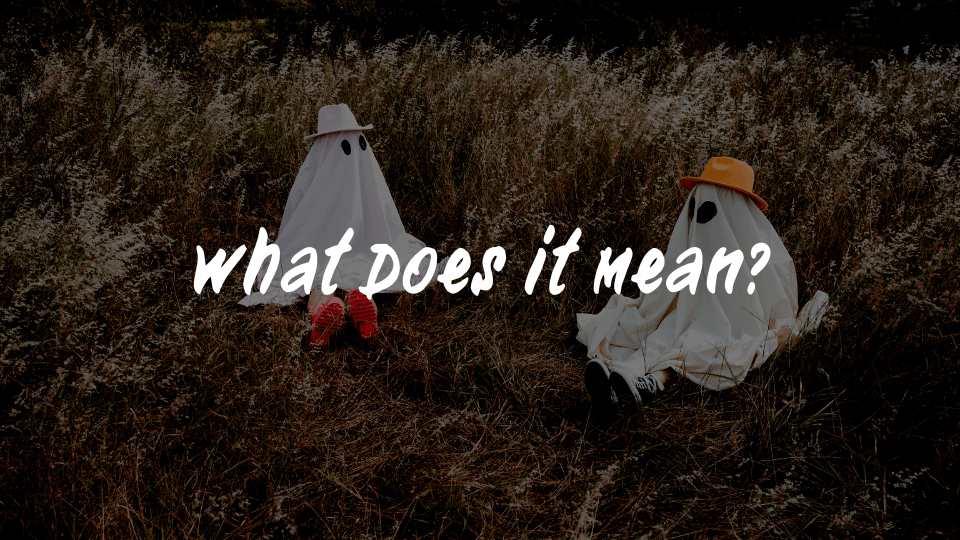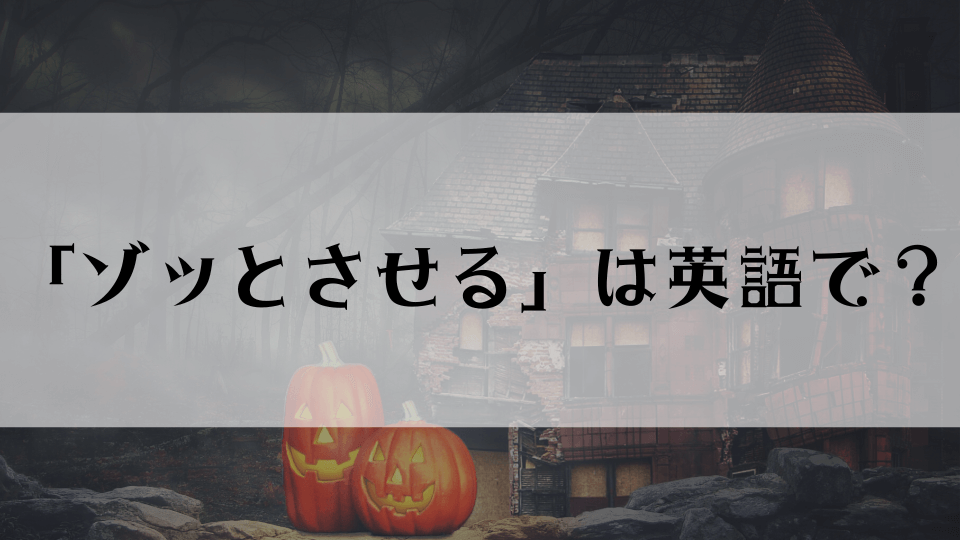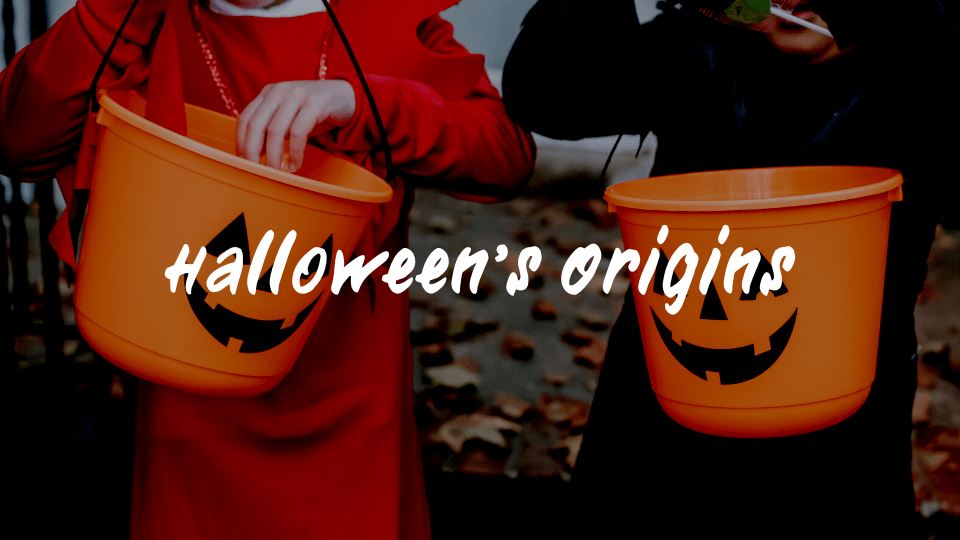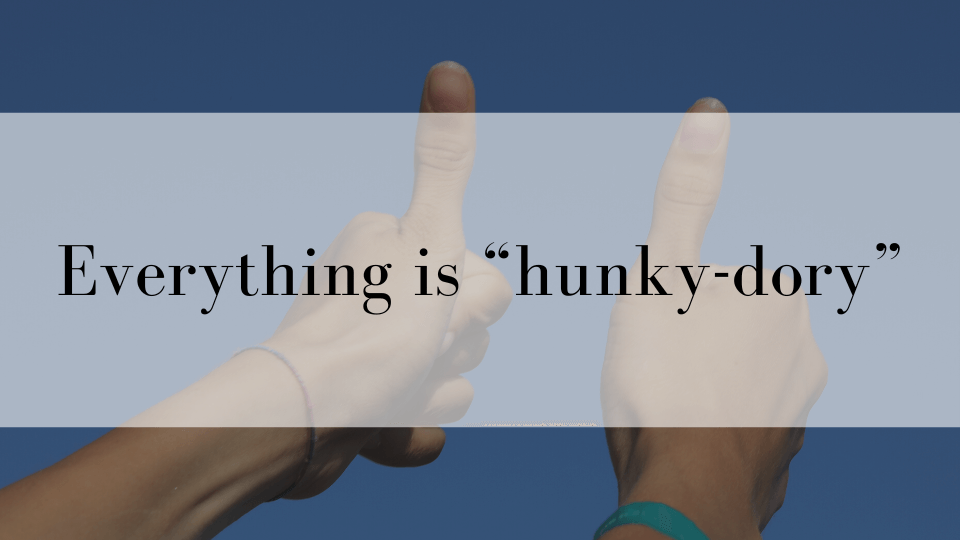【講師ジェイミー】
こんにちは、みなさん。
月曜日がまたやってきました。クリスマスももうすぐですね。
この時期に私が好きなことの一つは食べ物です。
そこで今日は「pig out (食べすぎる、大食いする)」という表現をご紹介します。
「pig out」の意味
「pig out」は大量の食べ物を食べることを意味します。
何を食べたのかを指定するときには、前置詞「on」を一緒に使います。
英語には「pig (豚)」に関連した多くの表現があり、そのいくつかは欲張りであることや食べ過ぎに関連しています。
私は若いころ、少しのあいだ実際に農場で暮らしていましたが、あなたも豚が食べるのを見たことがあれば、その理由がわかるでしょう。
「pig out」を使った例文
「pig out (on)」の例文をいくつかご紹介します。
[例文]
I can’t wait for Christmas dinner, I’m going to pig out on the turkey and stuffing!
(クリスマスディナーが待ちきれない。ローストターキーとスタッフィングで食べ過ぎるつもりだ!)
I really pigged out at dinner today! I’m so full I can’t move.
(今日のディナーは本当に食べ過ぎた!お腹いっぱいで動けない。)
One of the things I love about eating out in Japan is the buffets and all-you-can-eat menus. There is nothing better than pigging out on all that good food especially if they have all you can drink too!
(日本で外食することの中で好きなことは、ビュッフェや食べ放題メニューです。特に、飲み放題もあれば、その美味しい食べ物を食べ過ぎることほど良いことはありません!)
私のある日のクリスマスディナー
私の父はクリスマスにはいつも本当に全力を尽くしてくれていて、残念ながら肉の写真しか撮れませんでしたが、信じてください、これからもっともっとたくさんのものが出てくるんです。
リンゴソースを添えたローストポーク、クランベリーとナッツのスタッフィングのローストターキー、チーズのかかったローストハム。そして左上の角には父が作った、健康上の警告が必要なほどバターをたっぷり使った素晴らしく美味しいソーセージロールがあります。絶品です。
「pig」を使った他の英語フレーズ
先ほどに言ったように、英語には「pig (豚)」に関連する表現がたくさんあり、残念ながら豚にとってはそのほとんどが少しネガティブです。しかし、豚は気にしないでしょう。
greedy as a pig (非常に欲張りな人であること)
My son’s friend Colin is as greedy as a pig. He came to the birthday party and ate all the cookies before anyone could get a chance!
(私の息子の友人のコリンは豚のように欲張りです。彼は誕生日パーティーに来て、誰も手をつける前にクッキーを全部食べてしまった! )
make a pig of oneself(食べ過ぎる)
I feel really bloated today. We went to a dinner party at a friend’s house last night. She’s a really good cook and I made a bit of a pig of myself. I’ll have to hit the gym later
(今日は本当にお腹が苦しい。昨夜友人の家でディナーパーティーに行ったんだ。彼女は本当に料理が上手で、ちょっと食べ過ぎてしまった。後でジムに行かなきゃ)
like a pig sty(散らかった/汚れた状態である)
Clean your room! It looks like a pig sty
(部屋を片付けなさい!豚小屋みたいだよ)
まとめ
今日は「pig out」やその類似フレーズをご紹介しました。
「食べ過ぎた」ということを伝えたいときは、かわいそうな豚たちに頼って、創造的な言い回しで表現することができます。
お役に立てると嬉しいです。
ジェイミー
実践的な英語ならケンジントン英会話
ケンジントン英会話では、教科書には載っていない、生きた表現を身に付けられます。
福岡市内の教室やオンラインで、経験豊富でフレンドリーな講師と一緒に英語を学びませんか?
実践的な英語を学びたい方はケンジントン英会話の公式サイトをチェック!
[英語原文]
Hello there everyone, Monday is here again and Christmas is just around the corner
I don’t know about you but one of the things I love about this time of year is the food so today I will introduce this expression “pig out”
Meaning
Pig out means to eat a huge amount of food. We also use it with the preposition on when specifying what kind of food we ate.
We have a lot of different expressions connected to pigs in English and some of them are connected to being greedy or eating too much. When I was younger I actually spent a bit of time living on a farm and if you have ever seen pigs eat then you will understand why.
Here are some examples of how to use pig out (on).
- I can’t wait for Christmas dinner, I’m going to pig out on the turkey and stuffing!
- I really pigged out at dinner today! I’m so full I can’t move.
- One of the things I love about eating out in Japan is the buffets and all-you-can-eat menus. There is nothing better than pigging out on all that good food especially if they have all you can drink too!
Christmas Dinner!
Here are a couple of pictures from Christmas long long ago. My dad used to really pull out all the stops for Christmas and unfortunately I only got a picture of the meat but believe me there was much much more than this to come. We had roast pork with apple sauce, turkey with cranberry and nut stuffing, roast ham with cheese crust and in the top left corner were his amazing sausage rolls which contained enough butter that they should have come with a health warning. Absolutely delicious.
Similar Expressions
Like I said earlier there are a lot of expressions connected to pigs in English and unfortunately for pigs most of them are slightly negative although I’m sure the pigs don’t mind.
- greedy as a pig ( to be a very greedy person)
“My son’s friend Colin is as greedy as a pig. He came to the birthday party and ate all the cookies before anyone could get a chance! “
- make a pig of oneself (to eat too much)
“I feel really bloated today. We went to a dinner party at a friend’s house last night. She’s a really good cook and I made a bit of a pig of myself. I’ll have to hit the gym later”
- like a pig sty (to be in a messy/ dirty state)
“Clean your room! It looks like a pig sty”
Wrap Up
So there we have it. If you want to express the fact that you have eaten too much, you can always fall back on the poor old pigs to help you describe it in nice colourful language.
Hope that comes in handy,
Jaimie
~*~*~*~ \ Follow me / ~*~*~*~
Instagram : @kensington_eikaiwa
Twitter : @Kensington_Eng
Facebook : @kensingtoneikaiwa
YouTube : KENSINGTON英会話
~*~*~*~*~*~*~*~*~*~*~*~*~*
◆お問い合わせはこちら
ケンジントン英会話:お問い合わせフォーム













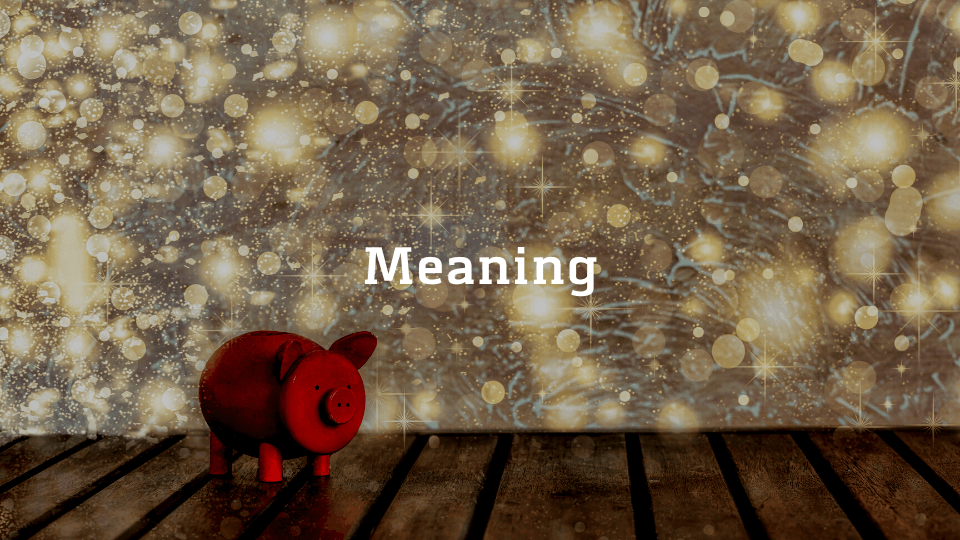

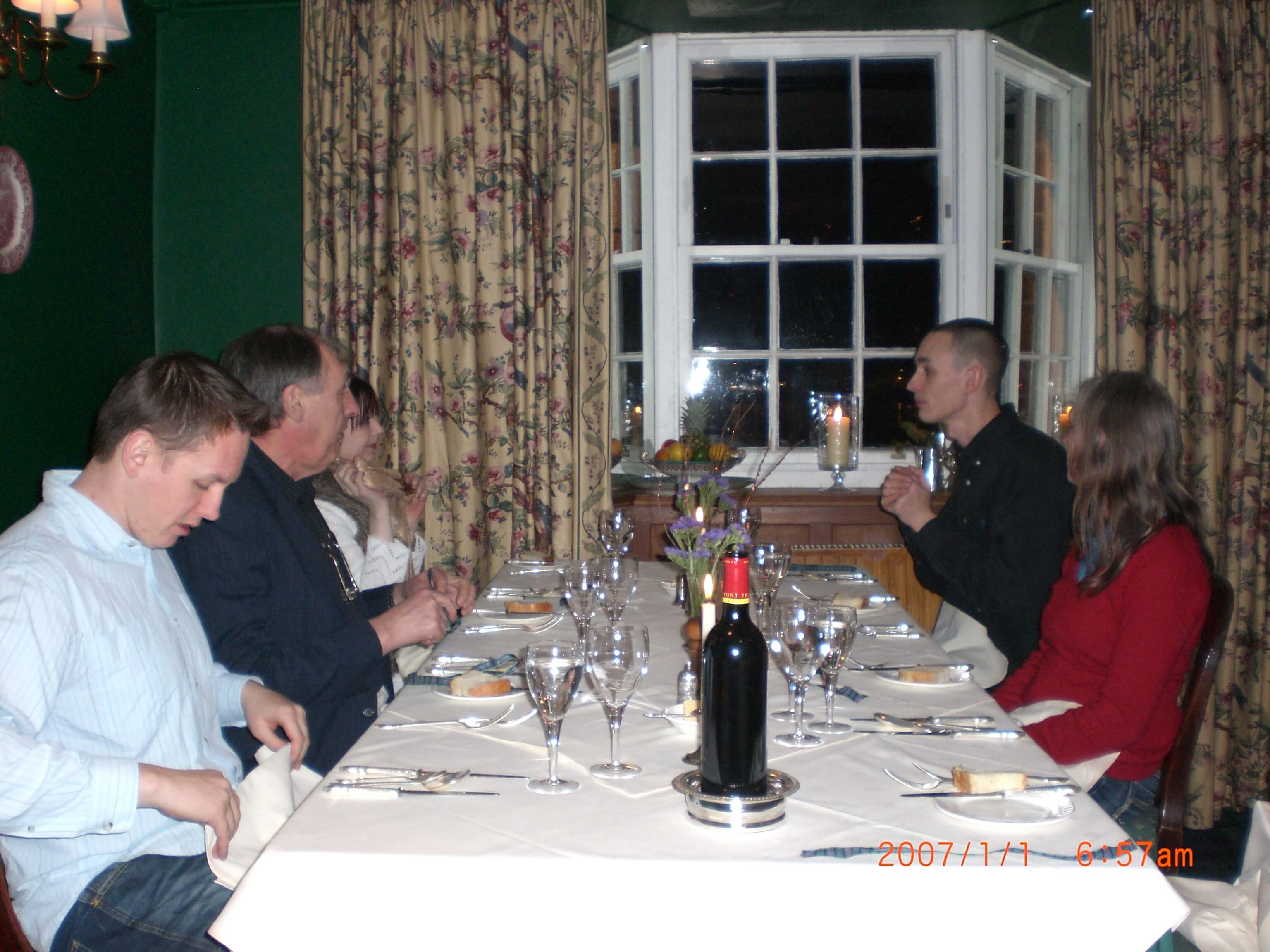












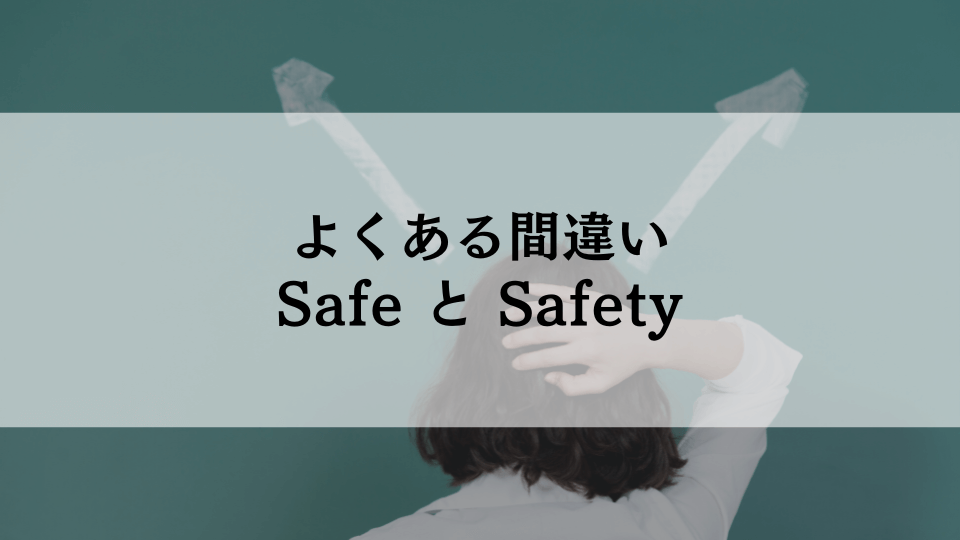
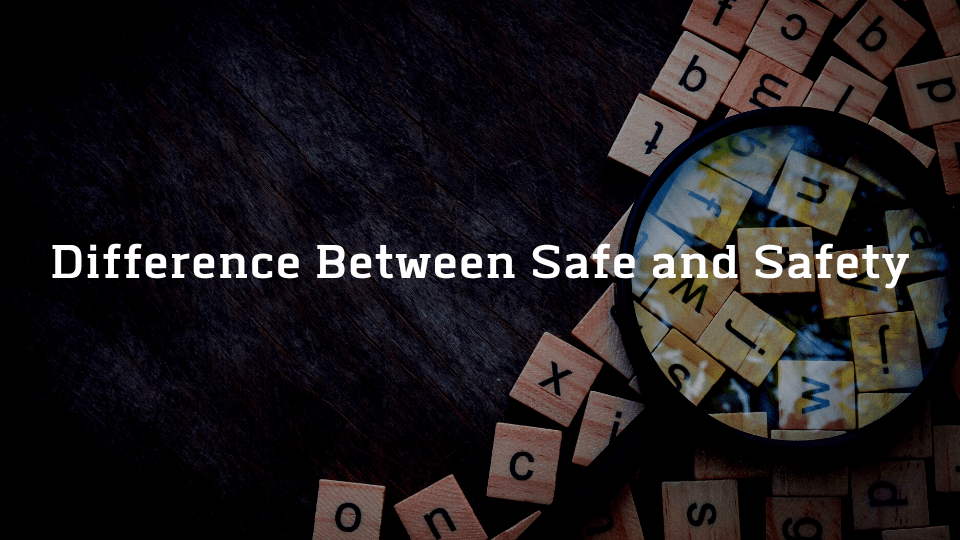

 Japan is a very safety country.
Japan is a very safety country.






